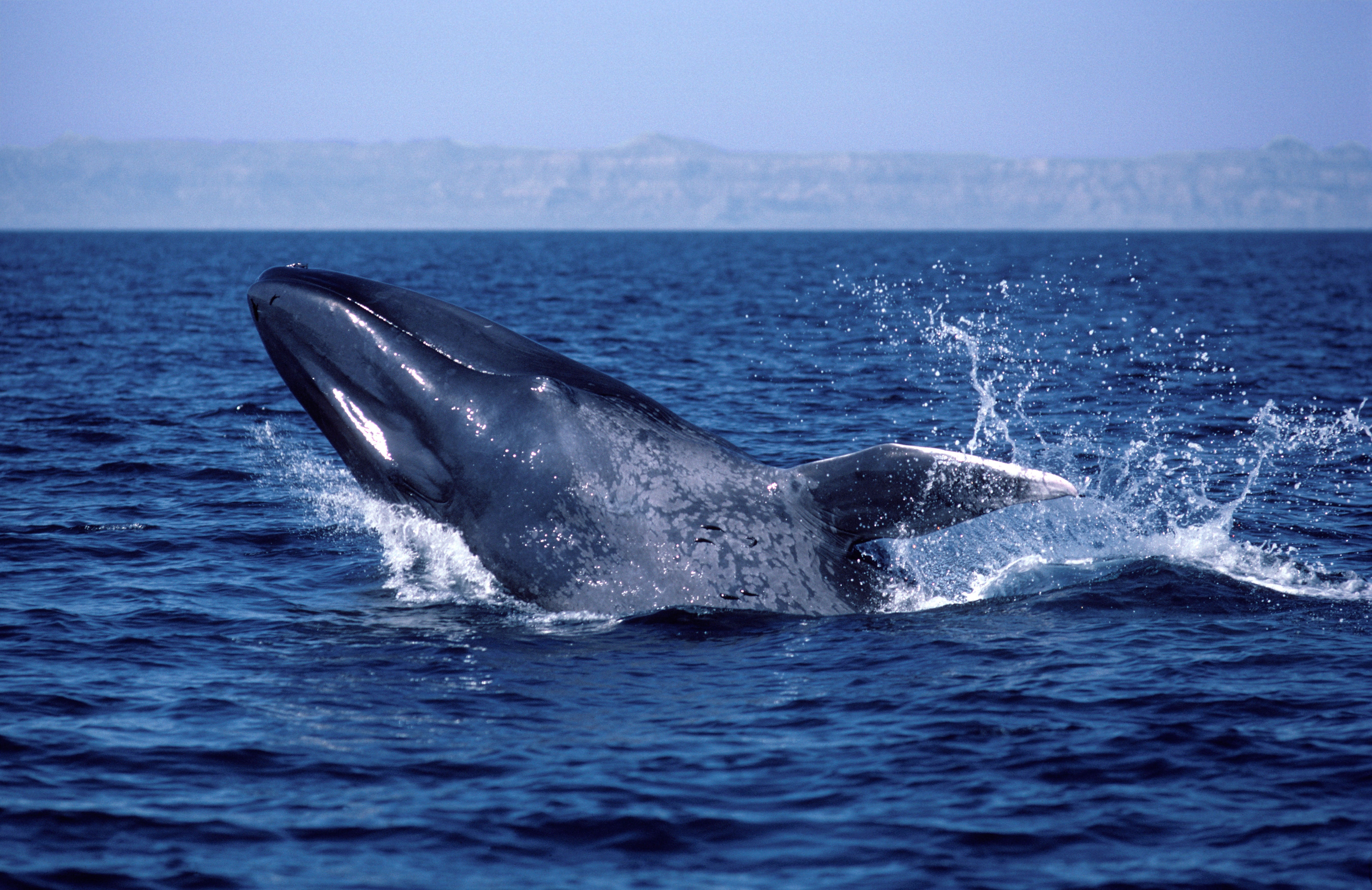Blue whales — the largest animals on Earth — aren’t singing as much anymore, and that’s got scientists concerned.
A study published in PLOS analyzing six years’ worth of acoustic data collected from the ocean’s floor found that blue whale vocalizations have been decreasing as the animal’s food sources have disappeared.
The monitor — a hydrophone sitting on the sea floor off the coast of California — collected sounds from the various creatures in the ocean, including multiple whale species.
By coincidence, the recordings began during a marine heatwave that is unprecedented in modern times. According to the study, the heatwave reduced the amount of krill available for blue whales to consume. As the krill disappeared, so too did the blue whale songs.
Over the course of the acoustic collection, blue whale songs deceased by approximately 40 percent.

“When you really break it down, it’s like trying to sing while you’re starving,” John Ryan, a biological oceanographer at the Monterey Bay Aquarium Research Institute told National Geographic. “They were spending all their time just trying to find food.”
The marine heating event began in 2013, when a stubborn, dense pool of hot water — later dubbed “The Blob” — moved from the Bering Sea and the Gulf of Alaska down the eastern North American coast.
In some places the ocean temperatures were more than 4.5 Fahrenheit above average due to the heating. The Blob grew and covered a 500 mile wide and 300 feet deep region in the Pacific Ocean. By 2016, it covered approximately 2,000 miles of the Pacific Ocean.
The increase in temperature allowed for toxic algae blooms that killed off krill — tiny, shrimp like creatures — and other marine life.
“When we have these really hot years and marine heatwaves, it’s more than just temperature,” Kelly Benoit-Bird, a Monterey Bay Aquarium marine biologist and co-author of the paper told National Geographic. “The whole system changes, and we don’t get the krill. So the animals that rely only on krill are kind of out of luck.”
The blue whales were among those animals who were out of luck. They feed on densely packed krill — their huge mouths take in thousands of gallons of water at once, sucking in enormous numbers of the tiny creatures — but without krill present, they went hungry.
Ryan said the whales have stopped singing because they’re “spending all their energy searching” for food.
“There’s just not enough time left over—and that tells us those years are incredibly stressful,” he said.
Climate change, driven by the human burning of fossil fuels, will only make the situation worse, the researchers warn. The world’s oceans already absorb more than 90 percent of the excess heat from climate change.
“There are whole ecosystem consequences of these marine heat waves,” continues Benoit-Bird. “If they can’t find food, and they can traverse the entire West Coast of North America, that is a really large-scale consequence.”


